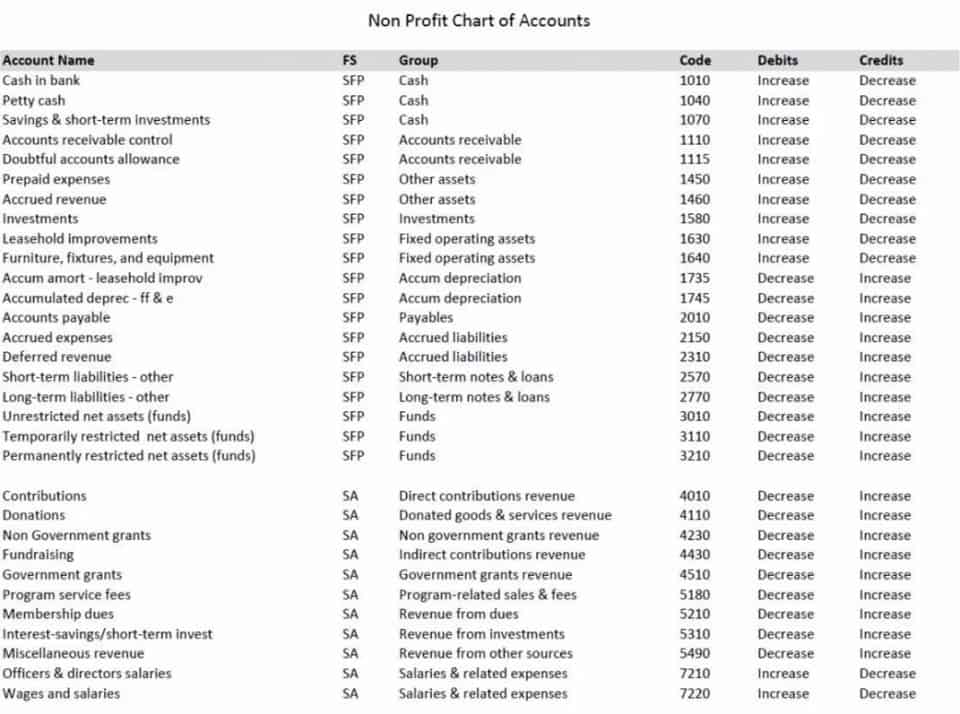
Doing this, businesses can establish a robust financial record-keeping system that supports informed decision-making and sustainable growth. Robust financial reporting and analysis give stakeholders the confidence that the business is being managed with a comprehensive understanding of its financial state. Accurate record-keeping underpins the financial integrity upon which businesses build their strategies and goals. It is important for any organization irrespective of their size and nature of business to record the growth of their plans and actions. Let us understand the advantages of inculcating record keeping for small business a recordkeeping system through the explanation system.

Continue Reading About What is records management?
If you notice that certain transactions lack Bakery Accounting supporting documents or discrepancies in the provided information, it’s crucial to investigate further. This includes awareness of common types of forgery, counterfeit documents, or manipulated receipts. Educate yourself on the latest techniques used in financial fraud to enhance your ability to identify potential red flags. Consistency in naming conventions is crucial for easily identifying and retrieving financial transactions. Establish a standardized format for naming transactions, such as using a combination of dates, vendor names, or transaction descriptions.
Electronic Records Management

Accountants can provide support in interpreting the changes, adjusting processes, and ensuring compliance. Once the changes are understood, bookkeepers should evaluate their existing processes and procedures. This assessment involves reviewing the chart of accounts, transaction recording methods, financial statement preparation, and other relevant aspects.
Is Records Management Just for Large Businesses?

Companies, non-profits, educational institutions and government agencies are subject to retention requirements. Bookkeeping contributes to financial management by providing detailed records that are used to create financial statements, forecast business trends, manage cash flow, and formulate budgeting. Accounting software automates the process of recording financial transactions and generating reports. QuickBooks Online is one of the most popular accounting software options available.
- Records management improves efficiency, streamlines operations, enhances data protection and can save businesses money.
- We’ll help you determine whether Axiom Pro® is the best solution for your state or local government’s content management needs.
- Making backups at set intervals further strengthens this process by creating consistent copies of files and documents.
- Once you’ve mapped your day-to-day workflow and determined where to allocate your operational budget, the finance team monitors all the financial activity within your company.
- In contrast, during a dip in a business cycle, creditors might require more details surrounding balance sheet items, as they become more hesitant to extend credit.
- Financial analysis helps identify areas of strength and weakness, highlights growth opportunities, and provides insights for better financial management.
Understanding Financial Records
- During the first quarter of 2023, more than six million data records were exposed worldwide through data breaches.
- Documenting and categorizing financial transactions accurately is crucial for maintaining organized and reliable financial records.
- With the support of Image API’s digital document management, more than 50 million images were delivered to the TDI over the course of this project.
- Financial statements are integral to effective financial record-keeping, offering a structured overview of a company’s financial position and performance.
It is important for you to do substantive research and ensure that your company’s current record keeping system is compliant with the country regulatory requirements. Digitising your documents can reduce the hassle and ensure you stay compliant with regulations and deadlines. By putting your documents and records online, you can increase operational efficiency, reduce transportation and storage costs, search records faster and easily access records from accounting multiple digital devices. The retention period for financial records varies based on legal and regulatory requirements, but retaining them for a minimum of six years is generally recommended. Bookkeepers should also consider providing training or educational resources to team members or employees involved in financial record-keeping. This training helps disseminate knowledge about the changes in accounting standards and regulations, ensuring that everyone understands the updated requirements and can implement them correctly.
- Implementing these best practices will help organizations safeguard their records and ensure seamless accessibility and retrieval, even in the face of unexpected events.
- Proactively managing employee benefits compliance is essential for avoiding legal risks and ensuring a compliant work environment.
- It also assists in complying with regulatory and client requirements for content access and management.
- Doing business today tests document management practices as much as anything else.
- But when documents are stored onsite in overflowing file cabinets, there’s no doubt a lot of time is lost while trying to recover relevant information.

Recent Comments